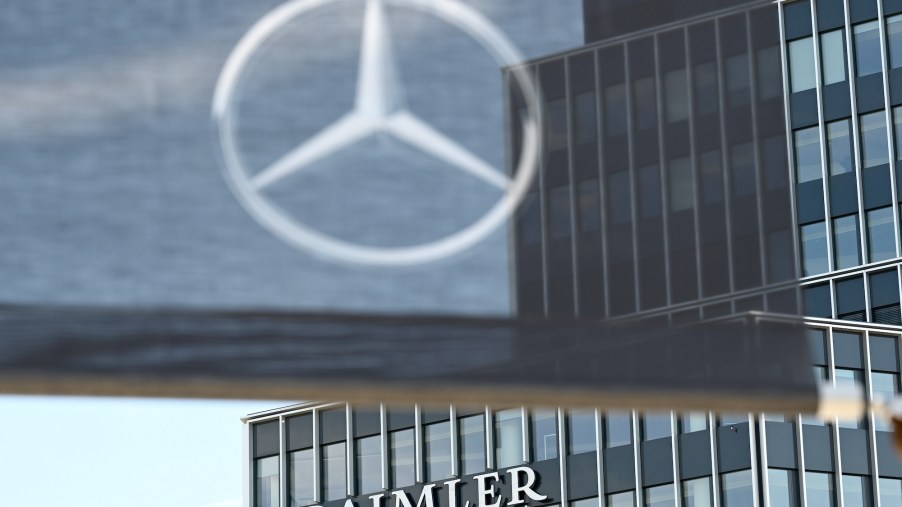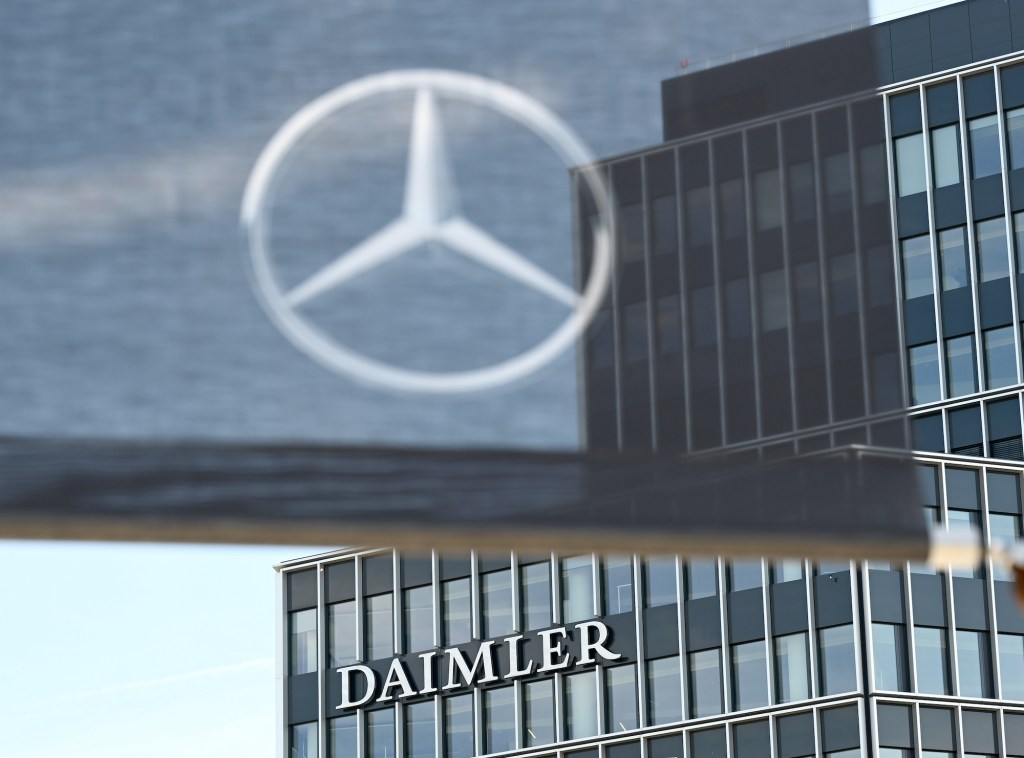
Does Daimler Own Mercedes-Benz?
There are so many automakers and subsidiary companies out there that it’s hard to keep up with who owns which car brands nowadays. Two common German names that often pop up in conversation are Mercedes-Benz, known for cars and camper vans, and Daimler.
They’re often mentioned together, so it makes you wonder if Daimler owns Mercedes-Benz. In fact, the two companies’ histories merge.
Did Daimler acquire Mercedes-Benz?

Daimler acquired Mercedes-Benz in 1926 after signing an agreement two years earlier for mutual interest between the two companies. However, it wasn’t known as Mercedes-Benz back when the two were competing with each other.
Inventor and engineer Karl Benz designed the first gas-powered automobile in 1886. At that time, though, the vehicle he produced was known as the Motorwagen. Financing it was his business partner at the time. His wife, also involved in it, was the first person to drive the Motorwagen a long distance, which garnered worldwide attention, Mercedes-Benz of Chandler explains.
Daimler Motors Corporation began marketing its own vehicle, the Mercedes, in 1901, becoming a rival of Motorwagen. But the 1920s brought hardships for the German economy, and both automotive rivals began merging to form a stronger company. And all vehicles they produced from then on were under the new Mercedes-Benz name.
Who’s in charge at Daimler, and what other companies does it own besides Mercedes-Benz?
Today, Swedish business executive Ola Källenius is CEO of Daimler Corporation and head of Mercedes-Benz. Daimler oversees the affairs of Mercedes-Benz, but it also owns other entities too.
According to Investopedia, Daimler acquired Freightliner in 1981. It now operates as Daimler Trucks North America LLC and is known mainly for producing heavy-duty Class 8 diesel trucks, aka semis. Daimler also took over Thomas Built Buses in 1998. This brand offers buses for schools, childcare, or any activity that needs large transportation.
In 2000, Daimler bought Detroit Diesel, which produces heavy-duty diesel engines, transmissions, axles, and other products for the trucking industry. You’ll also find the Daimler name with the Smart Automobile, making microcars and subcompact vehicles since 1998.
The last company under Daimler is Mercedes-Benz Bank, a subsidiary of the motor company. It was founded in 2001, obtained a license in 2002, and renamed in 2008 to provide auto financing and leasing.
Has the chip shortage affected the automaker?
Daimler’s stock is up 19% for the year as of this writing, but shares are beginning to drop. Sales in June fell despite a decent first half of 2021, Bloomberg reported. Officials at Daimler expect the chip shortage to hit sales hard in the second half of this year because the company doesn’t have reliable access to semiconductor chips.
Even the Mercedes-Benz division is affected by the shortage. Sales are not expected to progress for the remainder of this year. In April, officials had projected Mercedes-Benz would be more profitable than it had in the past few years. Still, analysts believe it’s trending downward due to lower unit sales and increased cost of raw materials.
Daimler, like other automakers, is resorting to prioritizing production for the moneymaking vehicles in its lineup to make the most of the limited chip supply. It’s also refraining from offering discounts on any of its vehicles, including luxury cars. Some automakers are expected to lose billions because of the chip shortage.
Daimler and Mercedes-Benz are doing what they can to produce vehicles despite the lack of semiconductor chips. It’s hoped chip access will return sooner than expected, and automakers can get production back to normal.


